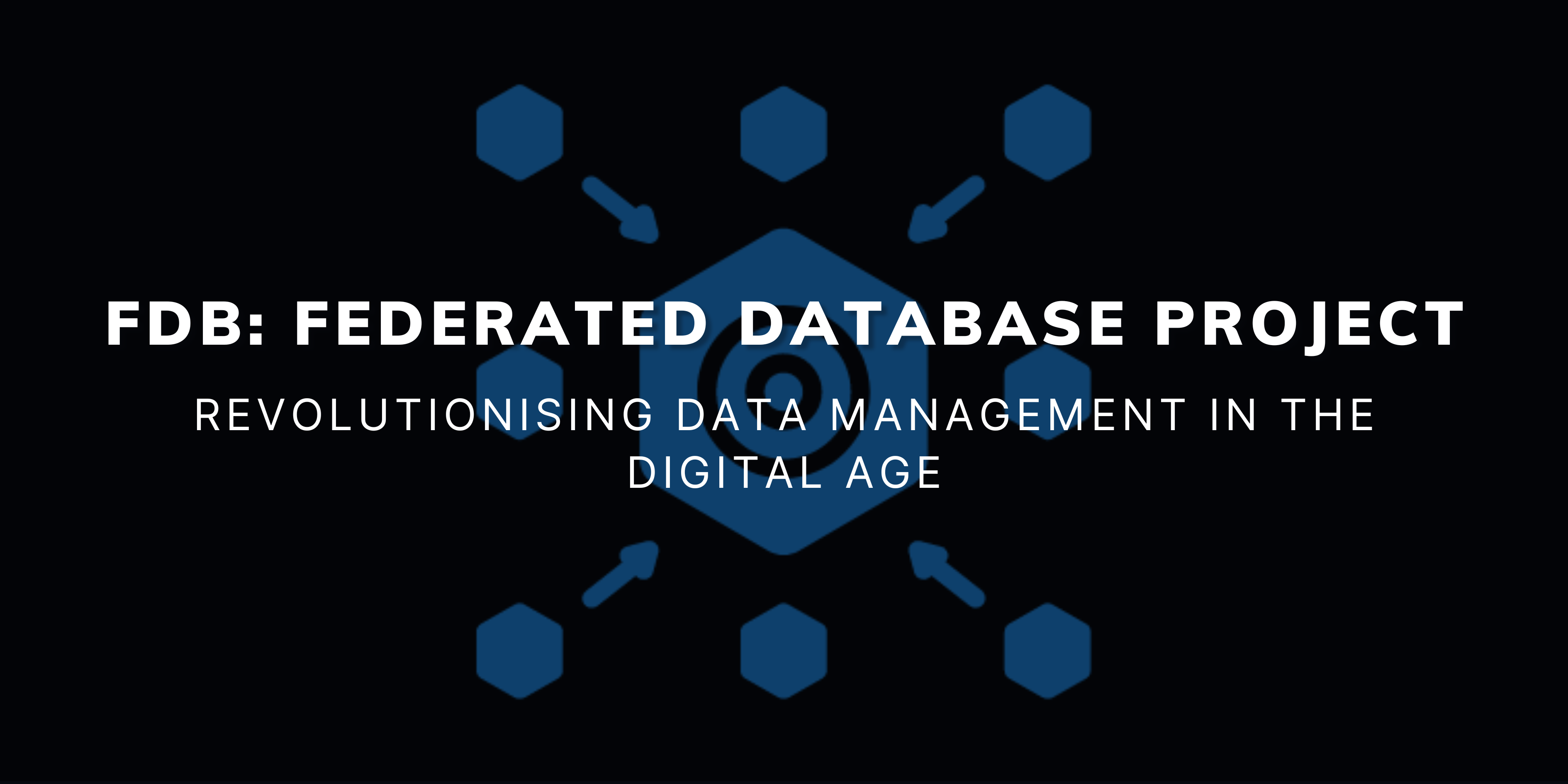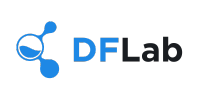
FDB: Federated Database Project – Revolutionising Data Management in the Digital Age
Data Federation Lab (DFLab), a not-for-profit research organisation based in Sydney, is spearheading the development of Federated Database (FDB) technology. Our aim is to revolutionise the way data is managed, ensuring enhanced control, security, and privacy for all data stakeholders.
Why DFLab is Creating FDB?
Before we head on, you may have noticed the word “federated” or “federation” in both our name and in the name of this project. The word “federation” represents the concept of Data Federation in which lies at the core of DFLab’s initiatives, especially in the development of the FDB. This principle is fundamental to our mission of transforming how data is managed, stored, and utilised.
So, What is Data Federation? Data Federation is a principle that underpins DFLab’s work, especially in the development of the Federated Database (FDB). It focuses on:
- Decentralisation: Spreading data across multiple locations instead of storing it in a central server.
- User Empowerment: Giving users control over their own data.
- Security and Privacy: Enhancing data security and privacy through decentralised control and ownership.
For us, and for the world, this project represents a paradigm shift in data storage and management. By decentralising data and placing it directly on client devices, FDB offers enhanced security, privacy, and user autonomy, distinguishing itself from traditional databases.
Why FDB?
In an era marked by frequent data breaches and escalating data privacy concerns, FDB emerges as a beacon of security and privacy. By decentralising data storage and returning control to users, FDB addresses the inherent vulnerabilities of traditional centralised databases, thus promoting a more secure digital environment.
Key Differences from Traditional Databases
- Decentralisation of Data: Unlike traditional databases that store data in centralised servers, FDB decentralises and federates data storage, distributing it across client devices.
- Enhanced Privacy and Security: By keeping data on client devices, FDB minimises the risk of mass data breaches and unauthorised access, a common challenge with centralised databases.
- User Autonomy and Control: FDB empowers users with full control over their data, a stark contrast to traditional models where data control is often relinquished to third-party entities.
Potential Applications
FDB’s versatility extends across various sectors:
- General Applications
- Social Media
- Healthcare
- Financial Services
- Supply Chain Management
- Legal and Government
- Education
- CRM and ERP
- and more….
Conclusion
FDB isn’t just a technological innovation; it’s a movement towards a more secure, transparent, and user-centric digital world. Redefining data storage paradigms, FDB stands at the vanguard of the next wave of data management solutions, promising a future where data security, privacy, and autonomy are not just ideals but realities.
